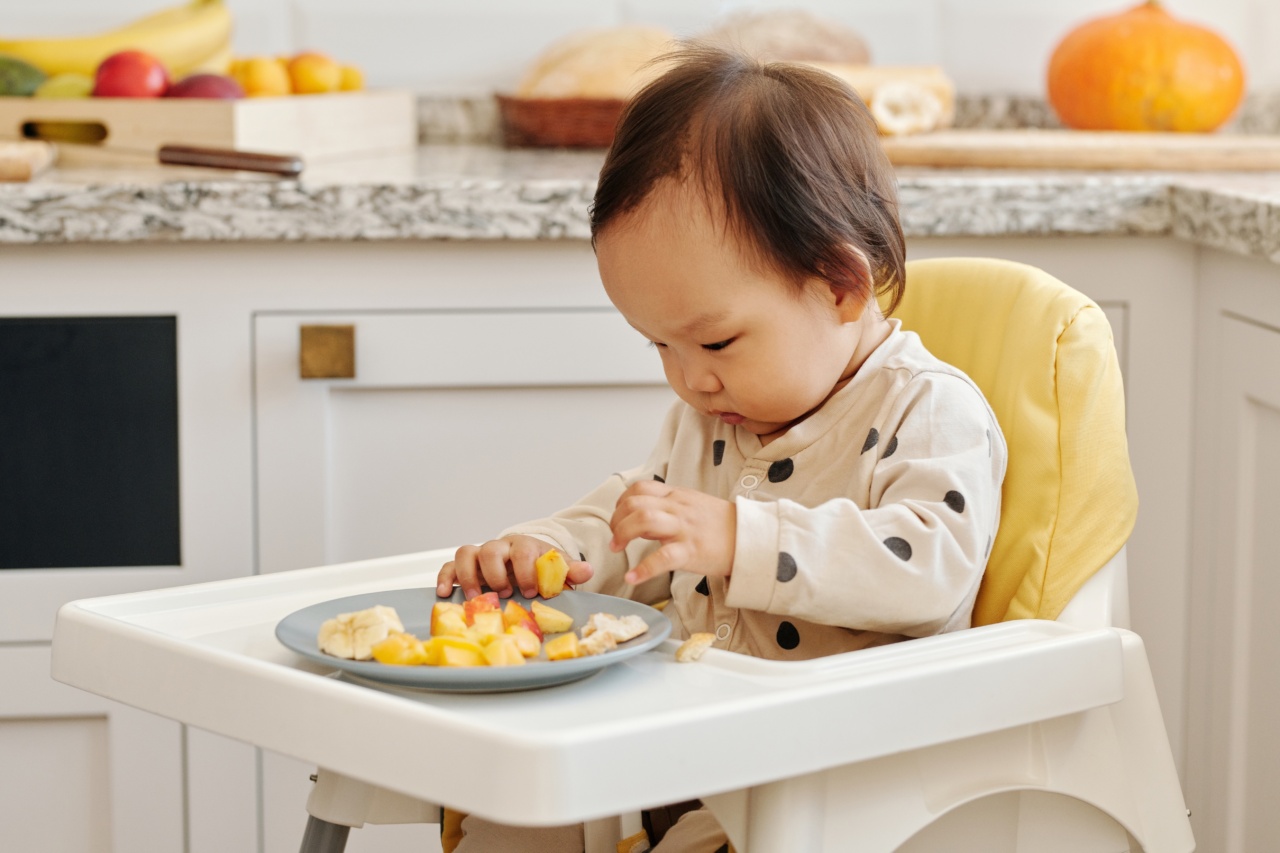One of the most common questions parents have when it comes to feeding their babies is when to introduce solid foods into their diet.
The American Academy of Pediatrics (AAP) recommends that infants be exclusively breastfed for the first six months of life. After that, they should be slowly introduced to solid foods while still receiving breast milk or formula until at least 12 months of age.
When should you start introducing solid foods?
As mentioned, the AAP recommends introducing solid foods around six months of age. At this point, babies have typically reached the developmental milestone where they are able to sit up and hold their head steady.
They may also show an interest in what their parents or caregivers are eating, and they may start to try to grab at food.
It’s important to wait until your baby is showing these signs of readiness before starting solid foods.
Feeding your baby solid foods too early can increase their risk of choking and may ultimately lead to poor weight gain if the baby is not developmentally ready to handle solid foods.
What are the best first foods to introduce?
When you start to introduce solid foods to your baby, it’s best to start with single-ingredient foods that are easy to digest. Some popular first foods include:.
- Rice cereal
- Applesauce
- Bananas
- Avocado
- Sweet potato
You should introduce new foods one at a time and wait a few days between introducing each new food. This will help you pinpoint any potential allergies or intolerances your baby may have.
How do you introduce solid foods?
When introducing solid foods to your baby, it’s important to do it slowly and gradually. Start with a very small amount of food, such as a teaspoon or two, and gradually increase the amount over several weeks.
You can offer solid foods alongside breast milk or formula, and you don’t need to worry too much about how much your baby is eating. At this point, solid foods are meant to complement your baby’s diet, not replace it.
How do you know if your baby is ready for more solid foods?
As your baby gets older and more comfortable with solid foods, they will generally start to show signs that they are ready for more. Some things to look for include:.
- Increased interest in food or being more vocal when hungry
- Growing more quickly or needing more calories throughout the day
- Showing interest in different textures of food
- Being able to sit up on their own without support
If you notice these signs, you can gradually increase the amount of solid foods you offer at each meal.
When should you start introducing allergenic foods?
In the past, parents were told to delay introducing allergenic foods, such as peanuts, eggs, and milk, to their babies until age one or later.
However, recent research has shown that introducing these foods earlier may actually reduce the risk of your child developing food allergies.
The AAP now recommends introducing allergenic foods to your baby as early as four to six months of age, as long as they are developmentally ready for solid foods.
What foods should you avoid in the first year of life?
While there are many foods that are safe and nutritious for babies to eat, there are also some foods that should be avoided in the first year of life. These include:.
- Honey
- Cow’s milk (until after the first birthday)
- Highly processed foods and junk food
- Sugar and salt in excess
It’s also important to avoid foods that your baby may choke on, such as popcorn, whole grapes, and hot dogs.
What if your baby is not interested in solid foods?
It’s not uncommon for babies to take a while to warm up to solid foods, and some babies may not be interested in solid foods until closer to eight or nine months of age.
If your baby seems reluctant to eat solid foods, try not to force them. Instead, continue to offer a variety of healthy foods and let your baby explore them at their own pace. You can also try different textures of food to see if that makes a difference.
When should you talk to your pediatrician about solid foods?
If you have concerns about introducing solid foods to your baby, you should consult with your pediatrician. They can give you personalized advice based on your baby’s specific needs and development.
You should also talk to your pediatrician if you have concerns about food allergies or if you notice any unusual symptoms after introducing a new food, such as a rash, hives, or difficulty breathing.






























